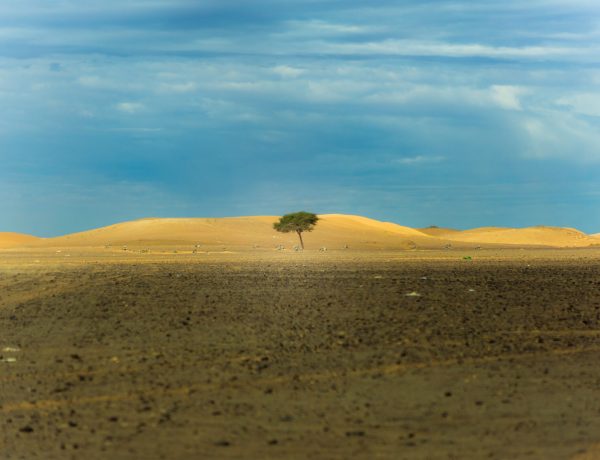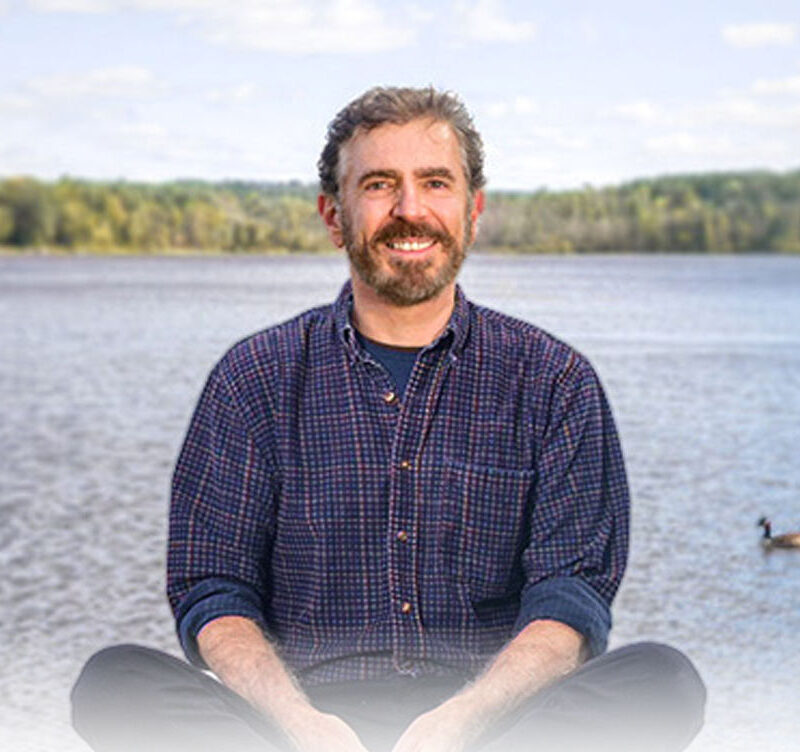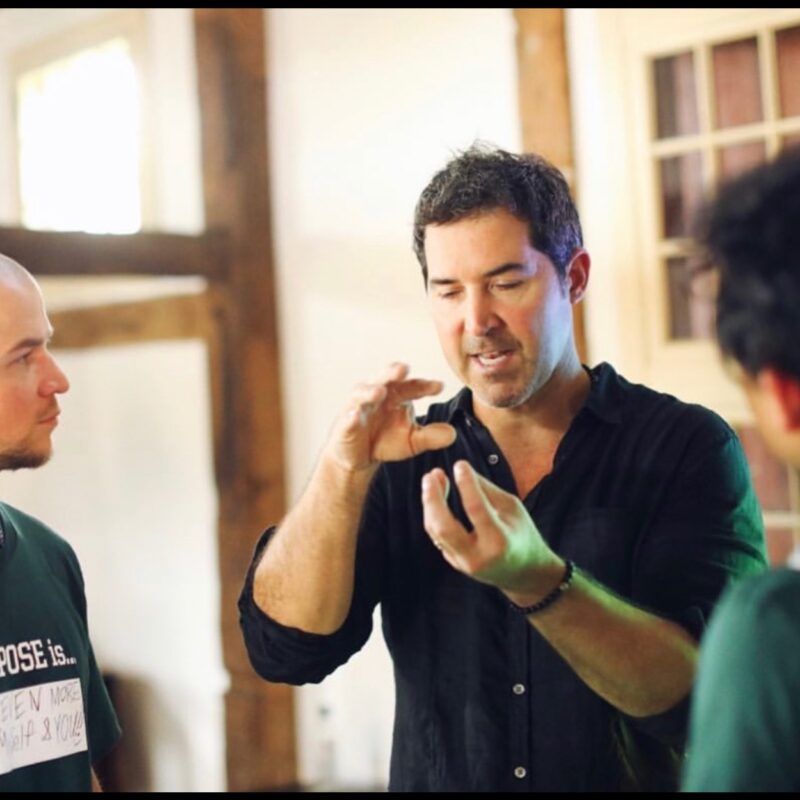By: Manaal Siddiqui
“Giving food is not enough…We were living respectable lives before. We want our houses to be restored.”
Saeed Jan, father of five, flood victim, Pakistan, 2022
According to Oxford Languages, the term resilience is defined as “the capacity to recover quickly from difficulties; toughness”. The use of the word has faced a drastic increase from the end of the 20th century to the present day, heavily populating discourse on financial crises, public health, poverty, climate change and mental health, among others. Resilience as part of an individualized healing framework has the benefits of helping people regain their functionality in the aftermath of adversity and to move on with life such that the terrible events of the past do not take away from everything else that life has to offer. However, with the rising use of the concept by many prominent organizations including the WHO, UN and IMF, especially in the aftermath of ecological, economic, social, and healthcare crises, one must inquire whether the increasing use of “resilience building” seeks to empower individuals and communities to take control of their life circumstances, or whether it serves to numb them to the effects of social injustices, such that they keep fulfilling the roles ordained by the capitalist, patriarchal systems in which they have always been trapped?
Let’s take a recent example of the massive floods that occurred in Pakistan, leaving thousands homeless. In the aftermath of the floods, the UN’s World Food Programme released an article highlighting their resilience building activities, which include providing temporary shelter, food and alternative jobs. Quoting directly from their website article: “…building people’s resilience to manage inevitable calamities that are becoming more regular and more severe.” Statements like this lead one to believe that the intention behind such initiatives is to normalize “regular and severe calamities”, a practice that everyone is very familiar with by now: recall the “new normal” catch phrase during the height of the COVID-19 pandemic. These efforts at “resilience building” have sparked nationwide outrage because it seems that they are intentionally blocking headway into deeper discussions of how we hold the world’s largest carbon emitting nations accountable for the impact their practices are having on vulnerable areas and populations.
This leads us to the question of what resilience should ideally look like or whether it should exist at all. I argue for a more nuanced approach which dissects the concept of resilience in the favor of the individual/community and their unique values. This is in direct contrast to 21st century resilience, which seeks to exploit the natural human qualities of endurance and healing to perpetuate the survival of systems of oppression. Ideally, resilience in trauma work should seek to empower the individual/community with tools to advocate for themselves in the face of social injustices. It should also focus on community building in the aftermath of adversity/injustice. Finding others who went through a similar experience can create a support system for healing individuals and communities, validate their experiences, and empower them to heal for the sake for their community and loved ones. Human beings confident in their truth and deeply connected to a sense of community is exactly what is needed to rise above the systems of oppression which thrive on alienation, othering, and detachment from self and community.
In conclusion, the purpose of this article is not to abolish the concept of resilience in folks’ healing journeys, but to draw attention to how some of our established healing practices and thoughts related to healing may be influenced by the post-colonial, capitalist and patriarchal systems part and parcel of the 21st century— systems which greatly benefit from “resilience building” in disadvantaged communities to survive.
References
Oxford Languages Resilience Definition
Photo by Karim MANJRA on Unsplash



